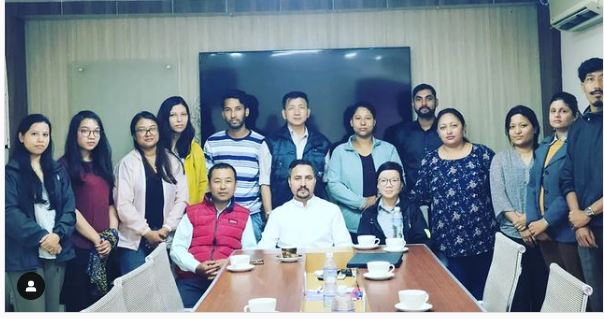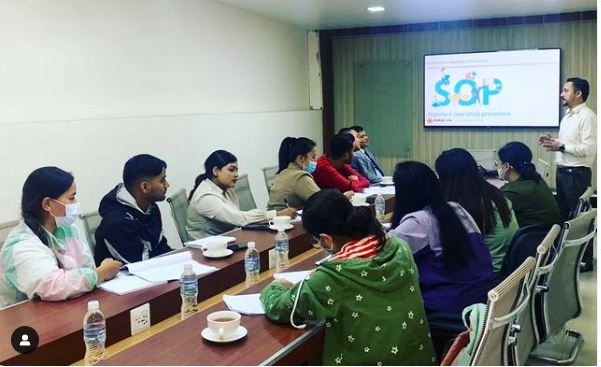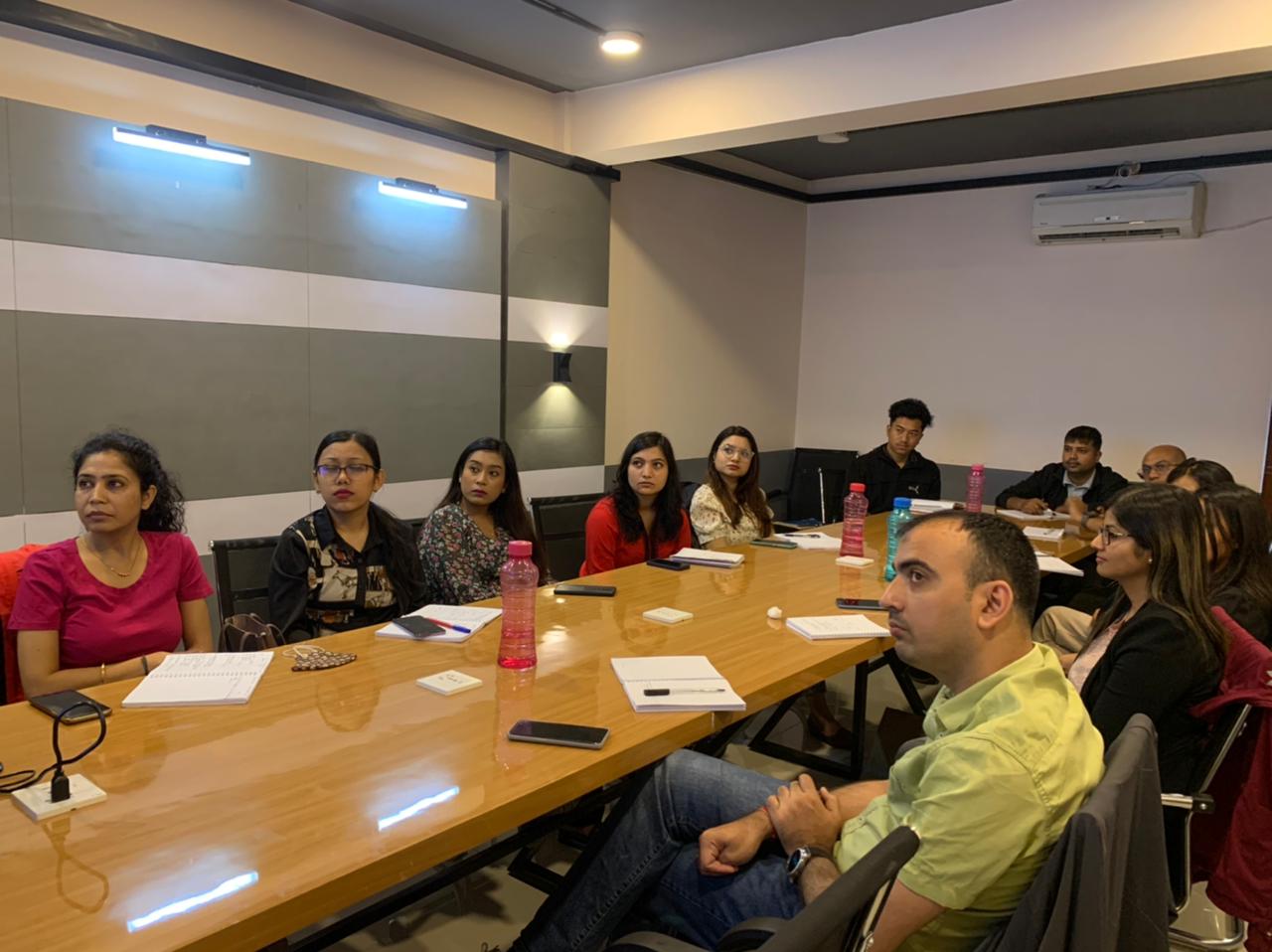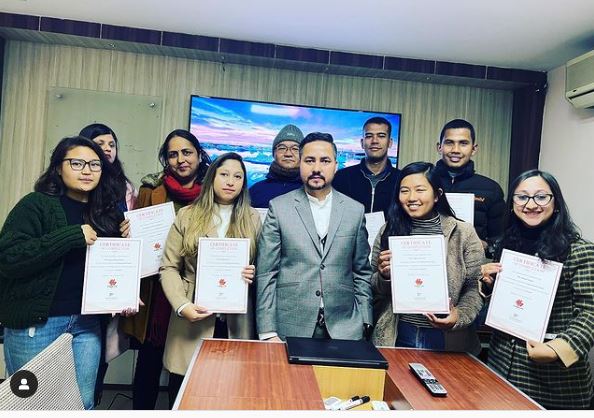Why Human Resource Management (HRM)

Human Resource Management: Nurturing Your Most Valuable Asset
Introduction
In the complex tapestry of modern organizations, the role of Human Resource Management (HRM) stands as the linchpin that weaves together talent, strategy, and culture. HRM is a multifaceted discipline, a holistic approach that extends far beyond merely hiring and firing employees. Let’s embark on a journey through the intricate landscape of HRM, exploring its evolution and its pivotal role in the contemporary corporate world.
Defining Human Resource Management
Before we delve deeper, let’s clarify our understanding of HRM. It’s not just about managing humans; it’s about managing the most valuable asset of an organization: its people. HRM encompasses a wide spectrum of functions, from talent acquisition to nurturing employee growth and well-being.
The Evolution of HRM
HRM has come a long way from its origins as a clerical function to a strategic organisation partner. Understanding its historical evolution provides insight into its present importance. It has evolved from a purely administrative role to a dynamic function that influences organizational strategy.
Key Functions of HRM
HRM’s responsibilities are multifaceted, and understanding these key functions is essential for appreciating its depth and breadth.
Recruitment and Selection
The recruitment and selection process is the first step in building a talented workforce. HR professionals must identify and attract top-tier candidates who align with the organization’s values and goals. They are the architects of the company’s future.
Training and Development
Once the talent is on board, HRM takes on the role of a mentor, guiding employees to reach their full potential. This involves training programs, workshops, and continuous learning opportunities. A well-nurtured workforce is a valuable asset.
Employee Relations
HRM plays a crucial role in maintaining a harmonious work environment. It mediates conflicts, ensures compliance with labor laws, and fosters a culture of respect and collaboration.
Compensation and Benefits
The complex task of designing a fair and competitive compensation and benefits package falls under the purview of HRM. Striking the right balance is essential to attract and retain top talent.
HR Technology and Data Analytics
In this data-driven era, HRM leverages technology and analytics to make informed decisions. From tracking employee performance to predicting future staffing needs, technology is a game-changer.
The Role of HR in Organizational Success
Understanding the role of HRM in organizational success is imperative.
Aligning HR Strategy with Business Goals
Successful organizations recognize that HR is not a standalone function but a strategic partner. HR professionals must align their strategies with business objectives to drive growth and success.
Enhancing Employee Engagement
Employee engagement is the secret sauce for productivity and retention. HRM fosters an environment where employees feel motivated, valued, and engaged in their work.
Promoting Diversity and Inclusion
A diverse and inclusive workplace is not just a buzzword; it’s a necessity. HRM plays a pivotal role in creating and nurturing a workplace that celebrates diversity and ensures every voice is heard.
Challenges and Trends in HRM
The HR landscape is continually evolving, and staying on top of the latest challenges and trends is critical.
The Impact of Technology
From AI-driven recruitment tools to HR analytics, technology is transforming HRM. Embracing these innovations is both a challenge and an opportunity.
Remote Work and Flexible Work Arrangements
The global pandemic accelerated the shift to remote work. HRM is tasked with finding ways to support remote employees while maintaining organizational culture.
Talent Retention in a Competitive Job Market
Attracting and retaining top talent is an ongoing challenge in today’s competitive job market. HRM must explore creative ways to keep employees motivated and satisfied.
Conclusion
In conclusion, HRM is a multifaceted and ever-evolving field that is essential for organizational success. It has evolved from a transactional function to a strategic partner, and its role in shaping the future of work cannot be overstated. As we navigate the challenges and trends of the 21st century, HRM will continue to adapt and redefine its boundaries, ensuring that the heart of every organization—the human capital—thrives and prospers.
The Future of Human Resource Management
The future of HRM promises even more exciting developments. With technology, culture, and the world of work in constant flux, HRM is poised to remain at the forefront, adapting and innovating to meet the ever-evolving needs of organizations and their most valuable assets—their people.








